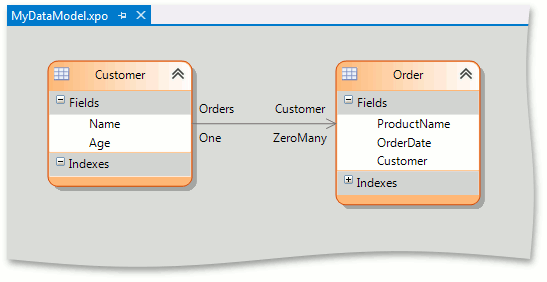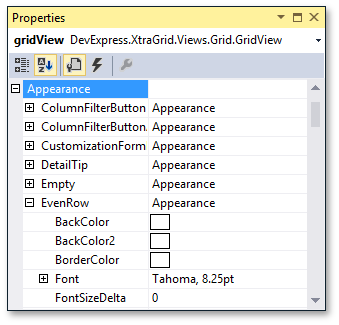


GameBoy Advance Barebones - A tutorial on writing a basic GBA kernel We also have bare bones for other platforms Pascal Bare Bones - A basic kernel in PascalĪda Bare bones - A tutorial on writing a basic kernel in AdaįreeBasic Bare Bones - A basic kernel in FreeBasic Real mode assembly bare bones - A tutorial series on writing a basic assembly language kernel Setting Up Long Mode - Switching to long modeĬreating a 64-bit kernel - An introduction to 64-bit kernels Higher Half x86 Bare Bones - A tutorial that shows how to write a higher half kernel Meaty Skeleton - Template operating system Stivale Bare Bones - Write a simple 64-bit higher half kernel using the Limine bootloader. User:Zesterer/Bare Bones - Write a basic 32-bit kernel in C for x86 (improved tutorial by zesterer) Update.These are "bare bones" tutorials that will land you with a basic kernel that's safe enough to use as a starting point for your own.īare Bones - Write a basic 32-bit kernel in C for x86 YourClassName update = uow.FindObject(CriteriaOperator.Parse( " Id = '1'")) Equivalent of an Update statement in SQL using ( var uow = new UnitOfWork()) Save() will persistent your changes to the object but uow.CommitChanges() will save those changes back to the database Save.FieldName = " I am a value to save to Database" YourClassName save = new YourClassName(uow) Equivalent of an Insert Statement in SQL using ( var uow = new UnitOfWork()) XPCollection getRecords = new XPCollection(uow, CriteriaOperator.Parse( " FileName LIKE '%user%'")) Equivalent of SELECT * FROM Table WHERE FileName LIKE '%User%' using ( var uow = new UnitOfWork()) do something with single record from DB New XPCollection(uow, CriteriaOperator.Parse( " Id = '1'")).FirstOrDefault() XPCollection getSpecificRecord = new XPCollection(uow, CriteriaOperator.Parse( " Id = '1'")) Equivalent of SELECT * FROM TableName WHERE Id = 1 using ( var uow = new UnitOfWork()) Do something with what you got in your XPCollection XPCollection getRecords = new XPCollection(uow) Equivalent of SELECT * FROM TableName in SQL // YourClassName would be your XPO object (your persistent object) using ( var uow = new UnitOfWork()) XpoDefault.DataLayer = XpoDefault.GetDataLayer(MSSqlConnectionProvider.GetConnectionString( " YourServerHostnameOrIP", " DB Username", " DB Password", " DB Name"), AutoCreateOption.None) By default if you don't do this, XPO will try and use an access databse (jet)


 0 kommentar(er)
0 kommentar(er)
